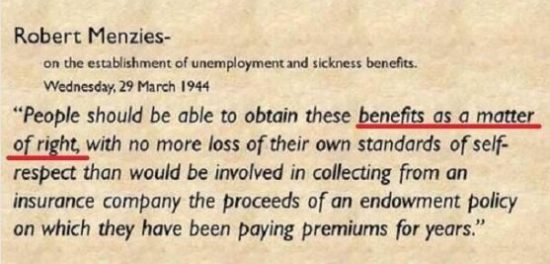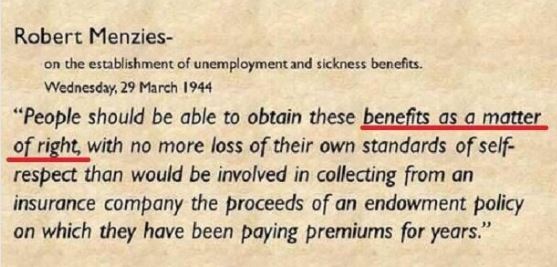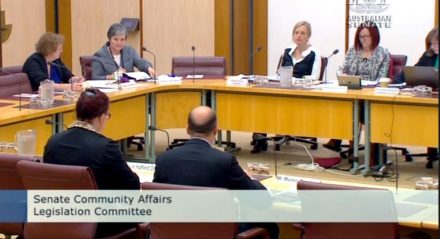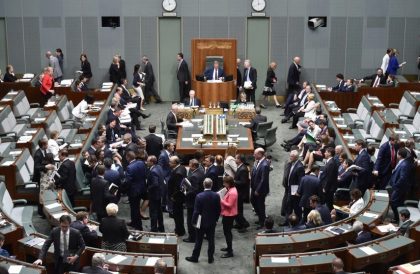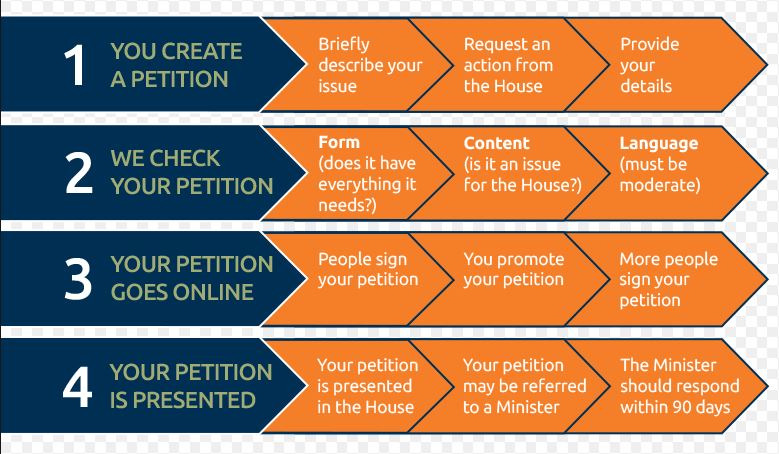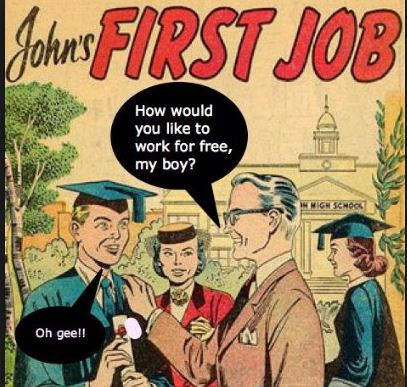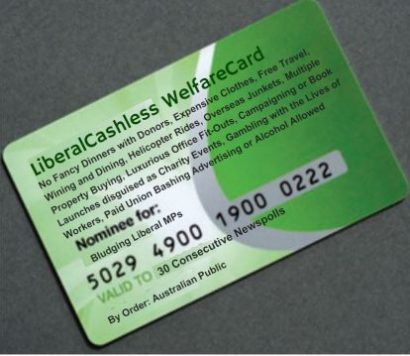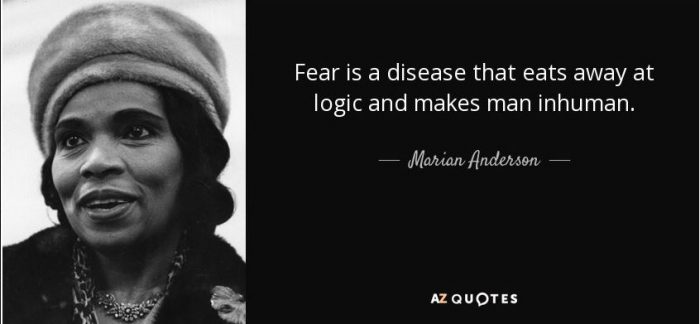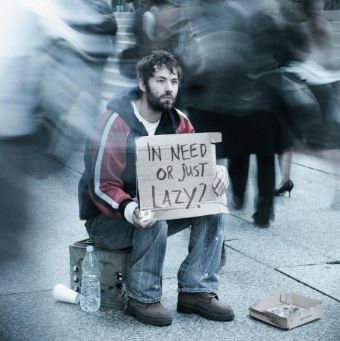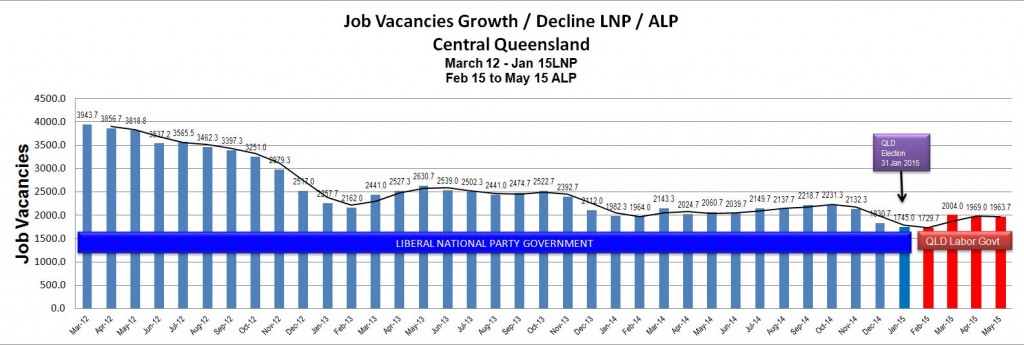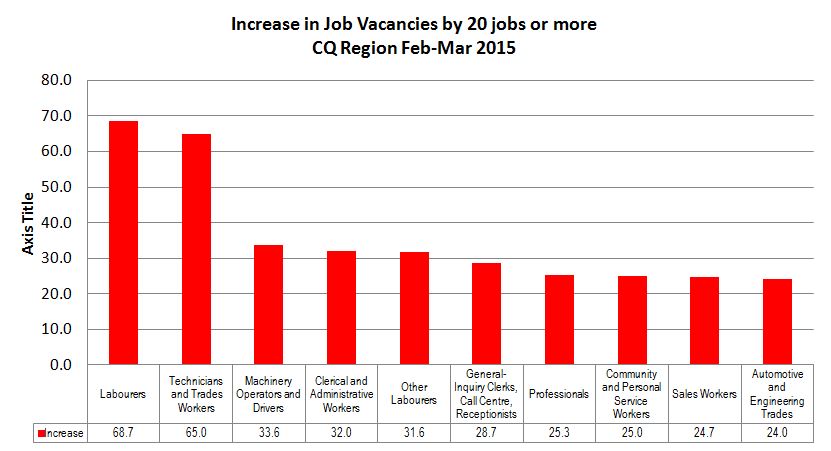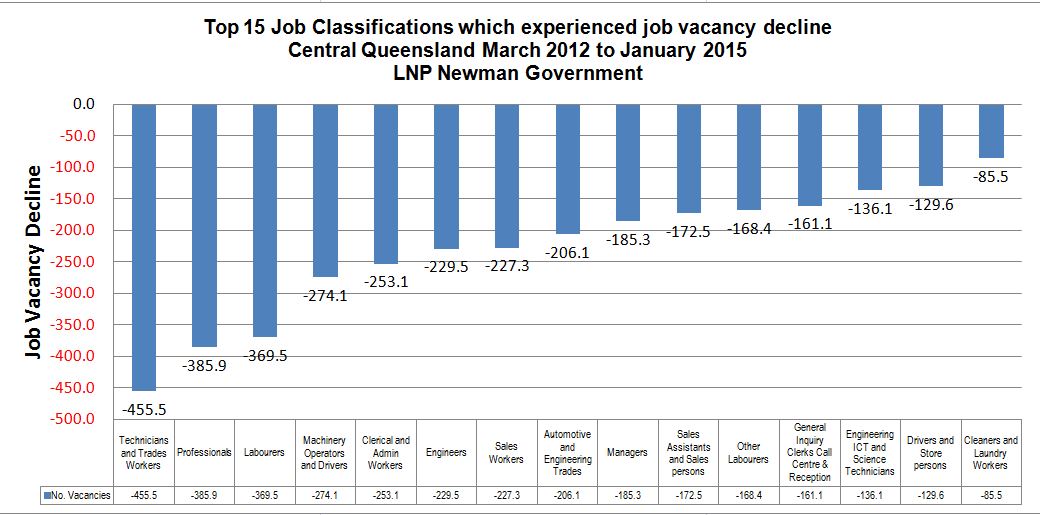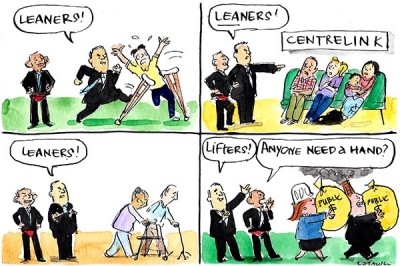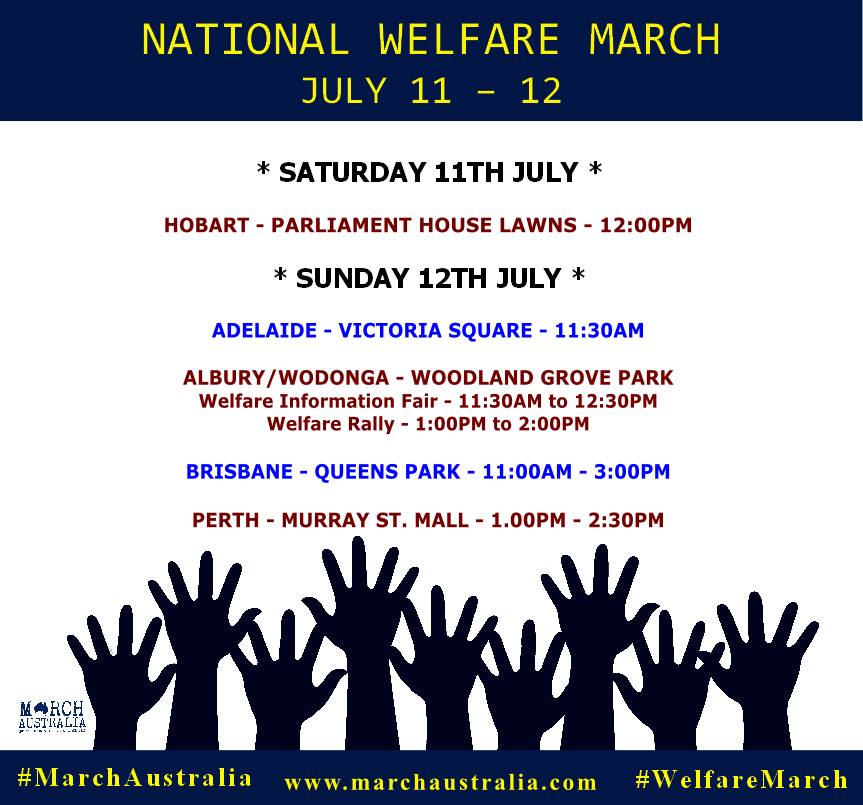Income Management is a hot topic of concern. This week, in “House Music” I discuss Income Management and the Senate Standing Committee on Community Affairs. I will also discuss the FRC in Cape York. The FRC is the Families Responsibilities Commission. This commission has input into income management restrictions in their community.
House Music is a weekly blog where I discuss various Bills, Committees, Petitions and try to raise awareness of the valuable resources on the APH website.
Income Management Bill (QLD Commission)
The Senate Standing Committee on Community Affairs considered the Social Services Legislation Amendment (Queensland Commission Income Management Regime) Bill 2017. This Bill passed through both houses on 26th June 2017.
This Bill amends the Social Security Act (1999) and it includes an extension to income management in Cape York, Queensland until 30 June 2019. Cape York communities are participants in the Cape York welfare Reforms.
 The communities of Aurukun, Coen, Hope Vale and Mossman Gorge are the original participating communities from 2007. The community of Doomadgee was added in 2015.
The communities of Aurukun, Coen, Hope Vale and Mossman Gorge are the original participating communities from 2007. The community of Doomadgee was added in 2015.
This Bill enables Family Responsibilities Commissions (FRC) to make a determination regarding income management for individuals in their community.
Cape York Welfare Reforms

Cape York Partnership Empowering Families
The Cape York Welfare Reforms initially commenced in 2007 through the Cape York Institute’s federally funded project headed by Noel Pearson. This legislated reform commenced in 2008, once Pearson secured Government support. Therefore, this reform had tripartite support between Cape York Institute, QLD Labor Bligh Government with the support of the Rudd Labor Federal Government.
In addition, the outgoing Howard Government was very supportive of this project. The Howard Government funded the initial trial project, including funding for additional housing.
Four communities partnered with the Cape York Institute and the Queensland and Federal Governments in a Welfare Reform Partnership.
The main aim of this reform is to enable people in these communities to have empowerment and personal agency. Primarily, the aim is to achieve this through Indigenous authority, developing a culture of social norms and positive behaviour and improvements in living conditions.
A theme I discuss often is the negative narrative of the Government and their labelling of people on welfare. The Cape York Partnership sums up powerful decision makers as they negatively describe those on welfare as ‘bludgers.’
This mentality is also shared by bureaucracy that sees people on the ground as incapable. Instead of simply providing resources and facilitating decision-making and action at the ground level, it hoards power and responsibility.
However, I personally do not agree with the term ‘passive welfare’ which the Cape York Institute uses in their final report. It is my view that welfare dependency is not about passivity because welfare is within a system of power which disables empowerment, agency and personal power.
A Different Type of Income Management
The theme of community driven self-empowerment is evident in the FRC reports.
A number of reports have been issued since 2011 about the progress of the reforms, including an ABC Four Corners documentary. Moreover, the contrast of comments in the 2011 report to the current FRC reports, shows that years later, more of the community members are on board than at the time of implementation. In addition, a key theme in the 2011 consultations was that this needed to be a long term approach. ‘Things won’t happen overnight’.

“It is great for us to finally have income management in Doomadgee. We have issued 28 conditional income management orders to our clients and they have been well received.
and.. We know that income management is a necessary tool to see our community grow and we look forward to seeing the positive results it has for our clients.
We know we have many challenges ahead, but our team is strong and we will continue to work together to improve the lives of and prospects for the children of Doomadgee.”
Doomadgee Commissioner Christopher Logan
Family Responsibilities Commission
The Family Responsibilities Commission is a Statutory Authority under the Family Responsibilities Act 2008 (QLD). Respected leaders or Elders within the community make up the FRC. Importantly, the FRC has consultations or conference with community members to reinforce positive social norms.
The aims of the FRC are:

The FRC receive notices from various departments about a breach of community standards, i.e. a child not attending school.
Decisions made at the conference are made fairly and with the best interests of the client and their family in mind. At the conclusion of the conference, Commissioners may decide that no action is necessary, reprimand the client, encourage the client to enter into a Family Responsibilities Agreement (FRA), direct the client to relevant community support services or place the client on a Conditional Income Management (CIM) order.
The key difference between this Income Management Program and the blanket roll out of income management that is being discussed at the moment, for example in Hinkler; is that the community owns and runs the program.
In the Senate Committee Hearing it was noted regarding ACOSS’ conclusion:
For example, the Australian Council of Social Service (ACOSS) has acknowledged that the Cape York model of income management was not imposed by the government but was developed by the affected communities and that the FRC plays a unique role in case management, assessment and only refers individuals to income management as a last resort.
Senate Standing Committee on Community Affairs
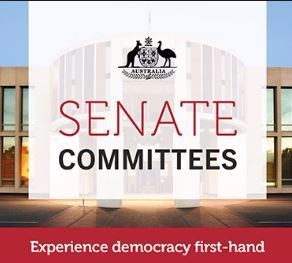
The Community Affairs portfolio coverage includes Health and Social Services (including Human Services).
The Committee convened to consider the Social Services Legislation Amendment (Queensland Commission Income Management Regime) Bill 2017 [Provisions] on 22nd June 2017.
Committee Members
Senate Committees include representatives from various parties.
Chair, Senator Jonathon Duniam Tasmania, LP
Deputy Chair Senator Rachel Siewert, Western Australia, AG;
Members
Linda Reynolds (Senator) Western Australia, LP
The Hon Lisa Singh (Senator) Tasmania, ALP
Dean Smith (Senator) Western Australia, LP
Murray Watt (Senator) Queensland, ALP
Legislative Scrutiny
Other Committees also report through Committee in regards to the Bill. The Scrutiny of Bills Committee had no comment on the Bill.
The Parliamentary Joint Committee on Human Rights made comment on the Bill. They noted that income management limits equality and non-discrimination, the right to privacy and family. They noted that the Cape York Reforms are different to the Northern Territory’s income management.
The Human Rights Committee also noted:
Notwithstanding this, the human rights committee noted that the application of income management in Cape York may be compulsory rather than voluntary and therefore drew the Parliament’s attention to the human rights implications identified in the 2016 Review of Stronger Futures Measures report.
An excerpt from the Stronger Future Measures Report states:
A human rights compliant approach requires that any measures must be effective, subject to monitoring and review and genuinely tailored to the needs and wishes of the local community. The current approach to income management falls short of this standard.
Consideration of Submissions Received
The Committee received seven submissions and all submitters supported the Bill and extension of the reforms to 2019. The Committee heard through submissions that the crucial role the FRC’s play in the reforms and the community, the increase in school attendance and child well-being, including better nourishment, were some of the main drivers behind continuing the reforms.
Extension to the Reforms
Since 2007, Cape York Communities have extended income management four times. A crucial aspect is, under the Social Security (Administration) Act 1999 (Cth) only the FRC can impose income management on an individual.
The Bamanga Bubu Ngadimunku Aboriginal Corporation supported the extension:
When the time does come, the people of Mossman Gorge need to be empowered to drive what happens next so that we can stay on this road of positive change. The government can’t just suddenly decide to end Income Management and the FRC, without letting us plan so that we keep going forwards and don’t go backwards after making such hard won gains.
Income Management
The Committee considered the component of income management as a key measure in the Bill. In addition to ACOSS’ comment above, all submitters agreed income management should continue.
This is not rolled out across all of Cape York. The submitters impressed that it only applies to at-risk individuals in communities as determined by the FRC.
Also, the FRC noted that individuals lose the right to ‘choice’ however, it is the FRC’s view that the benefits outweighed this.
The Department of Social Services also agreed with the Bill and advised that a previous review of the reforms showed that 78% of individuals surveyed agreed that it had improved their lives.
The Committee recommended the Bill to be passed.
A Significant Bill
The Liberal National Coalition Government is pushing to roll out income management in more trial areas.There is an active protest against income management in the communities of Ceduna and Hinkler. The community I live in, Rockhampton, QLD has had income management in the form of the Basic’s card for some period of time now. However, this does not work the same as the Cape York Reforms. Instead, Centrelink determines who is income managed.
I felt that this is a significant Bill to include in this series because there is a variety of contemporary opinion regarding income management. In addition, as a regional Queenslander, I also think it is important to promote the positive work community organisations do in regional and rural communities. Unfortunately, this is largely unrecognised by the wider media.
Political Positions
The other reason is this can also clarify the position of at least three political parties. The Liberal and National Coalition, Australian Labor and the Australian Greens, all have different positions on income management.
The Coalition Government is clear they want a blanket roll out of income management. In short, they are keen to implement cashless welfare widely. However, not in the same manner as the Cape York Reforms, but as a Government controlled and imposed measure.
Labor‘s position is that they do not support a blanket roll out of cashless welfare. However, as clarified by Senator Gallagher, they will work with communities that say they want cashless welfare, such as this program.
In contrast to the Coalition, Labor will not support cashless welfare in communities where community members do not want cashless welfare.
Whereas, the Greens oppose all forms of cashless welfare. This includes opposition to programs such as the Cape York Reforms.
A few weeks ago, the Australian Greens misrepresented Labor and implied Labor supported cashless welfare and voted down a Greens motion to stop it. This erupted into quite a massive social media furore of attack after attack towards Labor. I clarified Labor’s position, as per above, here.
Australian Greens’ Dissenting Report
The only opposition to the Bill within the Committee was from the Australian Greens. The Green’s reported to the Senate Committee that they have opposed this measure since it was implemented by the Howard Government. Therefore, they do not support this Bill.
One reason was that they believe it is not right for some people to have to conform to ‘somebody’s version’ of social norms. and this “promotes the idea that disadvantage is primarily a result of the individual’s failure to demonstrate the necessary social values and norms.”
I find it very confusing how the Greens argue that this is “somebody’s version’ of social norms. Clearly, from its inception, the people of the Cape York communities are the people who defined the social norms. Also, it is noted that a key success is that the communities own and drive this reform.
Apples and Oranges
The Cape York program of income management is different to other income management programs in Australia.
A recurring theme is that these reforms are viewed as a temporary measure. In addition, some argue that income management is another form of dependence.
Importantly, there is a long term view for communities to work together to the next stage beyond income management.
While income management has had a positive influence on Cape York communities, submitters acknowledged that it would be some time until it could be removed and that more progress could be made.
Discussions surrounding income management should take into account that there are different models. Models such as the Cape York reforms are supported by the community as well as by the people who have their welfare quarantined.
Anti-cashless welfare advocates (of which I am one), should acknowledge that every community is different. In addition, this is largely an Indigenous reform. However, every Indigenous person is also an individual. The commissioner’s approach to individual rights is especially relevant.
Governments should note that a macro-view one size fits all approach of imposing income management on groups in a blanket fashion does remove agency and choice. Government regulated and forced income management is destabilising and stigmatising without the drivers of community and participant support.
Originally published on The Red Window
Like what we do at The AIMN?
You’ll like it even more knowing that your donation will help us to keep up the good fight.
Chuck in a few bucks and see just how far it goes!
Your contribution to help with the running costs of this site will be gratefully accepted.
You can donate through PayPal or credit card via the button below, or donate via bank transfer: BSB: 062500; A/c no: 10495969












